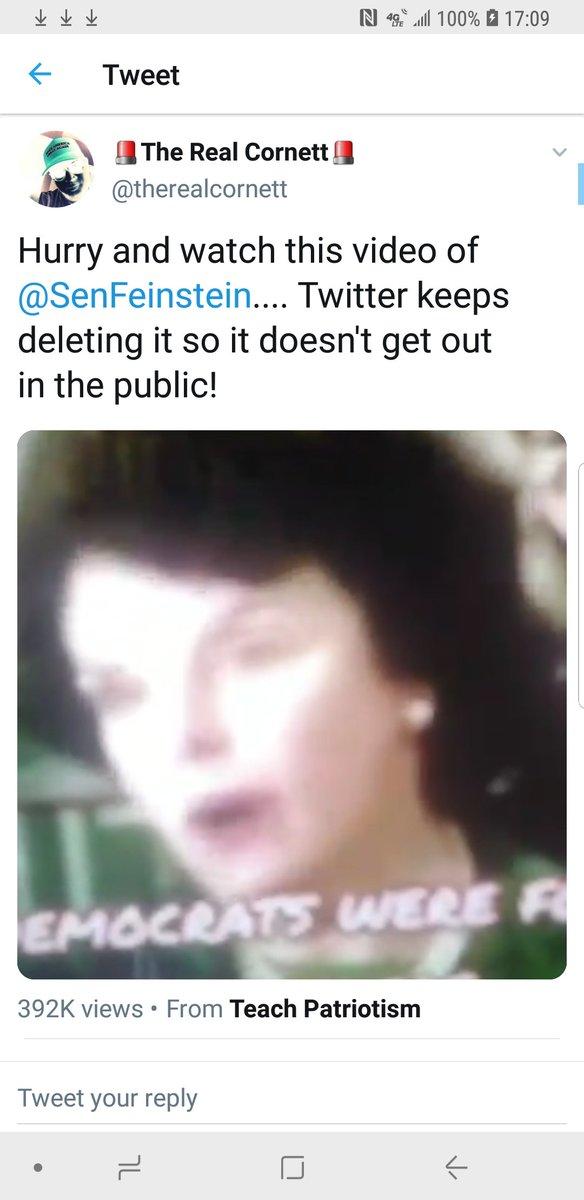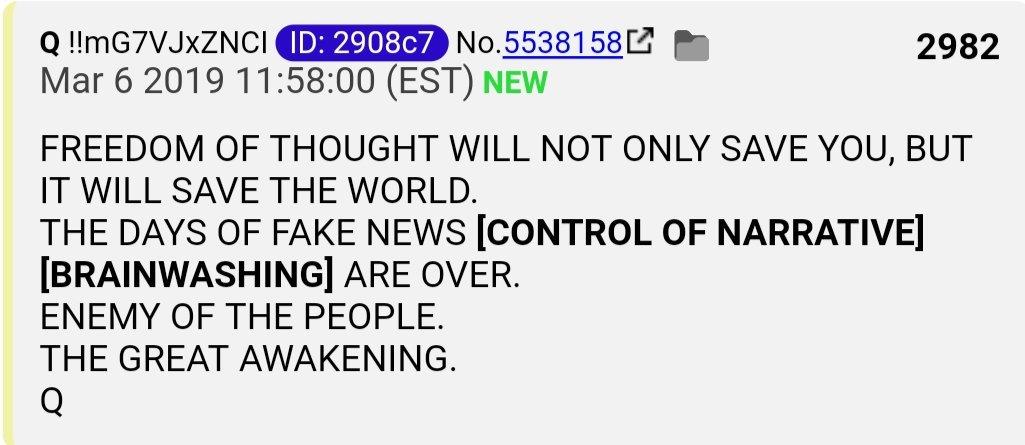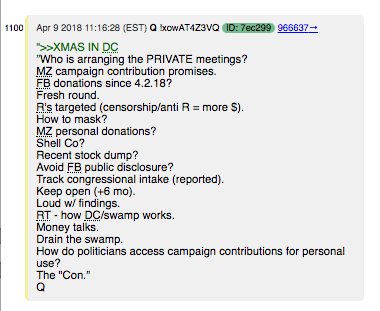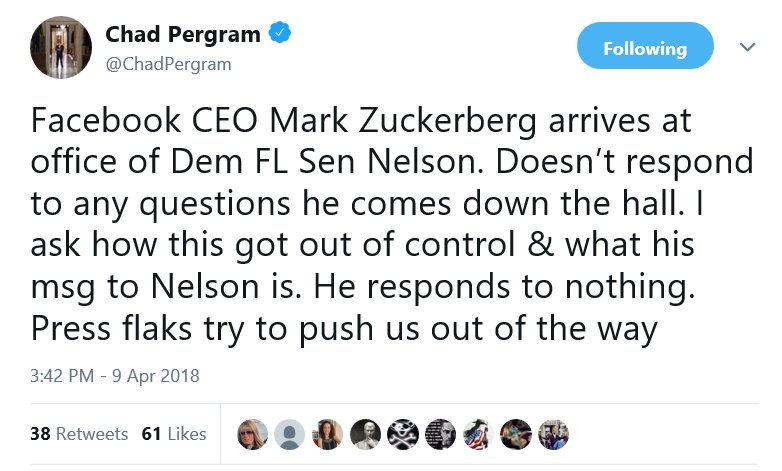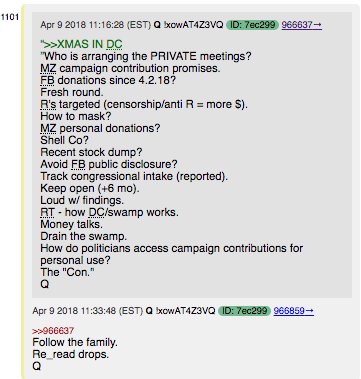Jeff asks about the FB/GOOG culture comparison which is a common theme in the whole series. My/Pete’s thesis: Facebook’s engineering values are better suited for the vast majority (but not all) of startups building cloud-based consumer- and business-facing apps
I go through the full story of GraphQL, which I won’t tweet about here. But a few takeaways: GraphQL was the easiest sell ever in the company. It spread quickly.







